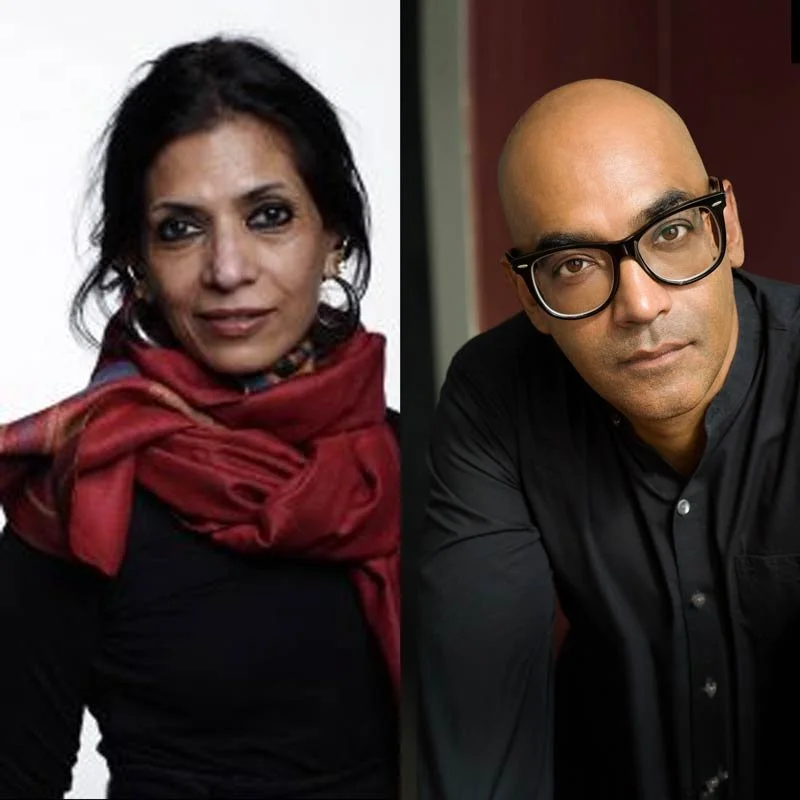Chris Coulter is CEO of GlobeScan, an insights and advisory consultancy helping companies, NGOs, and governmental organizations know their world and create strategies that lead to a sustainable and equitable future. He is a co-author of All In: The Future of Business Leadership, and The Sustainable Business Handbook. He is Chair of Canadian Business for Social Responsibility, a member of B Lab’s Multinational Standards Advisory Council and serves on Walgreen’s Corporate Responsibility Advisory Board. Chris also co-hosts All In: The Sustainable Business Podcast.
CHRIS COULTER
My intention was to become a doctor because my parents were quite civic-minded and old hippies who wanted to, you know, change the world in the sixties. And so those values were instilled. I thought medicine would be a great place. I ended up shifting to international development and wanting to focus on that part of what was transpiring in the world.
I ended up working for the Canadian government in CIDA, which is the former USAID equivalent in Ottawa. And then I saw a poster to volunteer in Ukraine, and my mother's side of the family is Ukrainian, so I thought that what a great thing to do. So I ended up being the guy who could speak English and write proposals for NATO, ironically, in 1996, for this really interesting organic organization called Democratic Initiatives Foundation, which continues to exist by this fantastic founder Ilko Kucheriv, who's passed away, sadly. He was a democratic reformer. Ukraine became independent in '91. He wanted to bring tools from the West that were important to develop civil society, which included public opinion polling.
*
While we need action, I think at the same time, the world and the agenda are moving so quickly. We're learning more all the time. We really can't skip the dialogue part, and we need to create more space and more opportunity to think through - What are we trying to do? What have we learned? How do we move smarter and more quickly? So it's not just about doing more action constantly. It's taking stock consistently because the agenda keeps evolving at a more rapid pace than it has historically, which means we need to find more places for proper dialogue that are springboards for this action, but we shouldn't discount the fact that we've got to sometimes just stop and chat and listen and learn and that makes us better and stronger.
*
Now we're seeing people experiencing impacts, and there's been a growth, now 36% of the global population said they have been personally greatly impacted by climate change, up five points from a year ago. So it's growing, and the distribution of those impacts is unequal as well, and they tend to be mostly in developing countries where the impacts are felt the greatest. So we do have this interesting thing where in the Netherlands, the impacts are felt the lowest, yet concerns are highest and support for climate things are happening. And in other parts of the world, like Argentina or Mexico, we have very high levels of personal impact, and the concern levels sometimes are middling. So we're in a very strange time of unequal distribution, both of impact and also potential solutions at hand, but that will also, I think, lead to more interesting conversations going forward.
This interview was conducted by Bruce Piasecki & Mia Funk. Associate Interviews Producer on this podcast was Andrew Green. Digital Media Coordinator was Julia Rhodes.
Business & Society is a 10-episode limited series co-hosted by Bruce Piasecki & Mia Funk.


















































